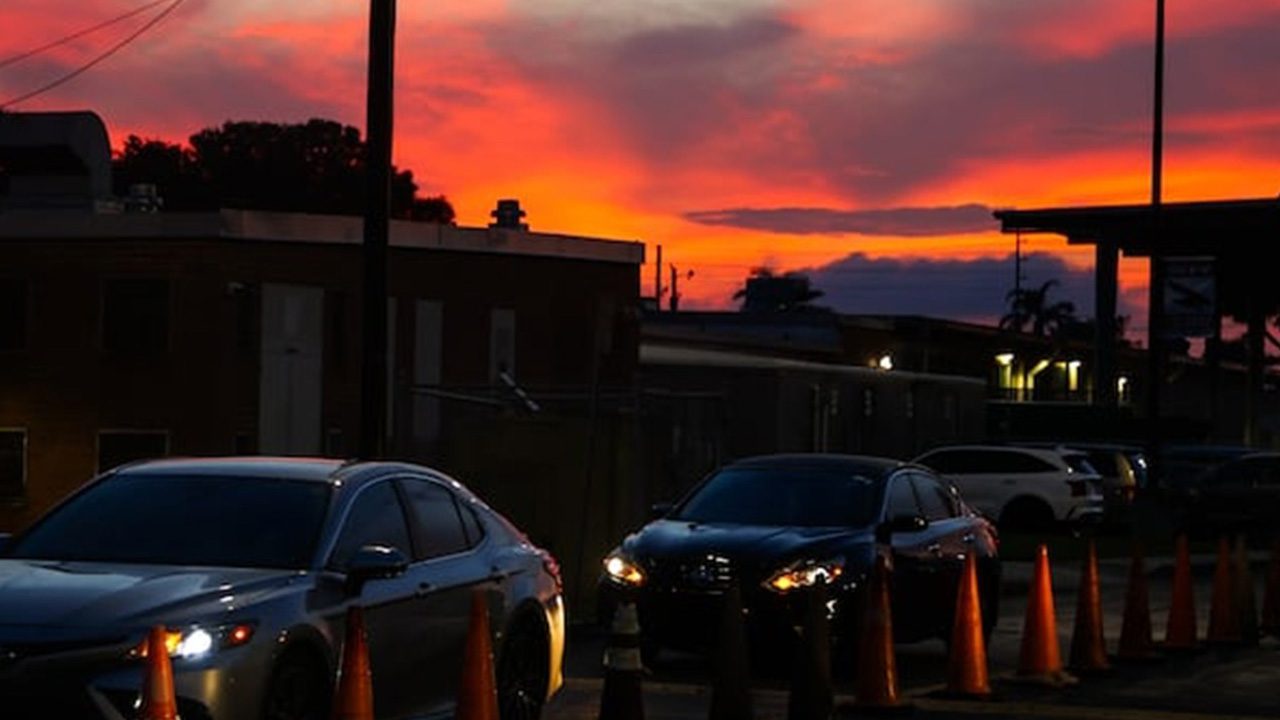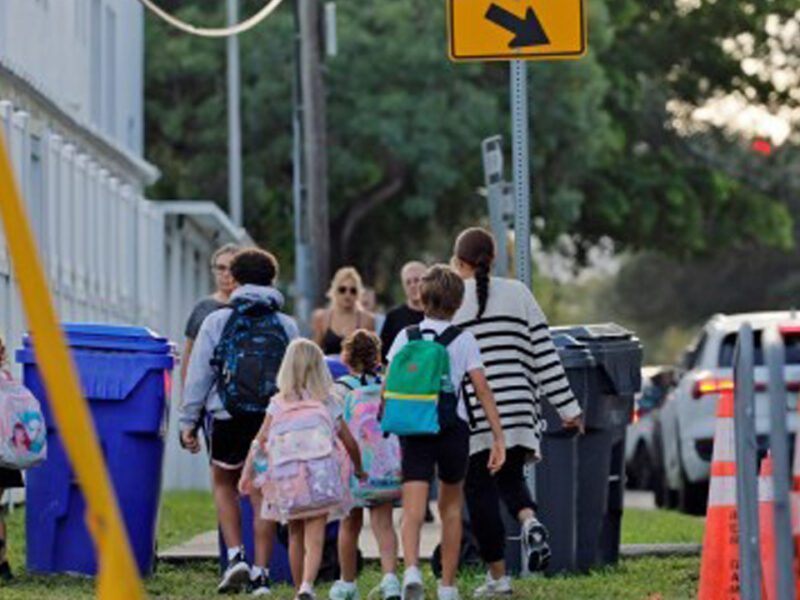
Changing Florida high school start times? Maybe not.
Tampa Bay Times | By Jeffrey Solochek | January 21, 2025
School district officials across the state have complained about the 2023 law.
A high-ranking state senator wants to undo school start time rules that the Florida Legislature imposed two years ago before they fully take effect in 2026.
Calling the measure a financial and logistical challenge for school districts, Sen. Jennifer Bradley, R-Fleming Island, has filed legislation (SB 296) that would delete a requirement that middle schools begin classes no earlier than 8 a.m. and high schools no earlier than 8:30 a.m.
Former House Speaker Paul Renner pushed for the law in 2023, arguing that teens deserve a school schedule that better matches their sleep patterns. Nearly half of high schools in Florida were found to start daily before 7:30 a.m.
“We all appreciate the goal of getting more sleep,” said Bradley. “But let’s let the districts have discussions about this.”
While some districts have already shifted their schedules, several school boards have targeted the start time law for change in their legislative agendas. Many, including those in Pasco and Pinellas counties, have delayed taking substantive steps toward altering their bell times in the hope that lawmakers would reconsider the mandate.
Without revision, Pinellas County officials have suggested they might need to cut busing for some choice programs or make other reductions to meet the requirements without incurring millions of dollars in additional transportation costs.
School board chairperson Laura Hine said the district would prefer local control over start times. Pinellas has taken several steps to maximize efficiency in its busing, Hine said, noting actions including adoption of a new routing system and reduction of bus stops.
Still, she added, as one of the densest counties east of the Mississippi River, Pinellas has worries about altering its start times, which likely would mean opening elementary schools earlier to accommodate for later high schools. Among those are having inexperienced teen drivers on the roads during rush hour to get to classes.
“I would like to accomplish getting high school to start later,” said Hine, who has sat on committees reviewing the issue. “But I’d like Pinellas County to be able to take into account all of its characteristics and do it the best we can locally.”
The Florida School Boards Association has made similar arguments in advocating for an amendment to the 2023 law.
“Our association is asking for more flexibility,” said Danielle Thomas, lobbyist for the Florida School Boards Association. “We would love a full repeal.”
Bradley said that message is coming through loud and clear.

State Sen. Jennifer Bradley, R-Fleming Island [ Florida Senate ]
“My motivation is, I spend a lot of time listening. I just got through seven delegation meetings,” said Bradley, whose district encompasses part of Alachua and all of Baker, Bradford, Clay, Columbia, Gilchrist and Union counties. “It was a consistent theme that reinforced concerns I had when the bill passed.”
Specifically, she raised questions about the implications the mandate would have on districts’ bus routes and driver hiring, in addition to families’ child care arrangements and students’ extracurricular activities, among other issues. She called the rule “disruptive.”
“This impacts a lot,” Bradley said, noting the effects might differ among rural and urban communities. “I think these decisions should be made locally.”
She expected a House companion bill to be filed but said she did not want to speak on behalf of the eventual House sponsor. She also acknowledged that colleagues who backed the 2023 measure, including sponsor Sen. Danny Burgess, R-Zephyrhills, remain in the legislature to press their position.
Burgess did not respond to requests for comment. Bradley said she had spoken with Burgess, her chairperson on the PreK-12 Appropriations Committee, where the bill is likely to be heard.
She called their conversation “productive,” adding that Burgess “certainly has heard the same concerns that I have heard.”
Still, Bradley would not predict an outcome for the legislation, noting that thousands of bills get filed annually and only a small percentage make their way into law.
“We’re going to have this discussion,” she said. “School districts are struggling. They need to comply, but they have real logistical and expensive challenges ahead if there aren’t changes.”





